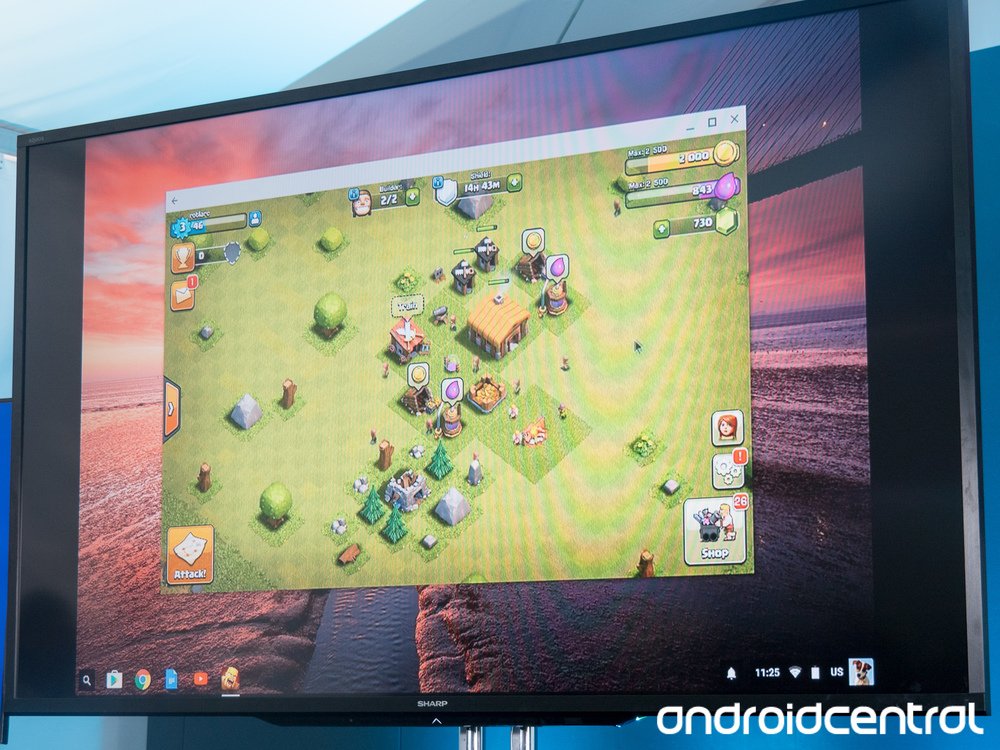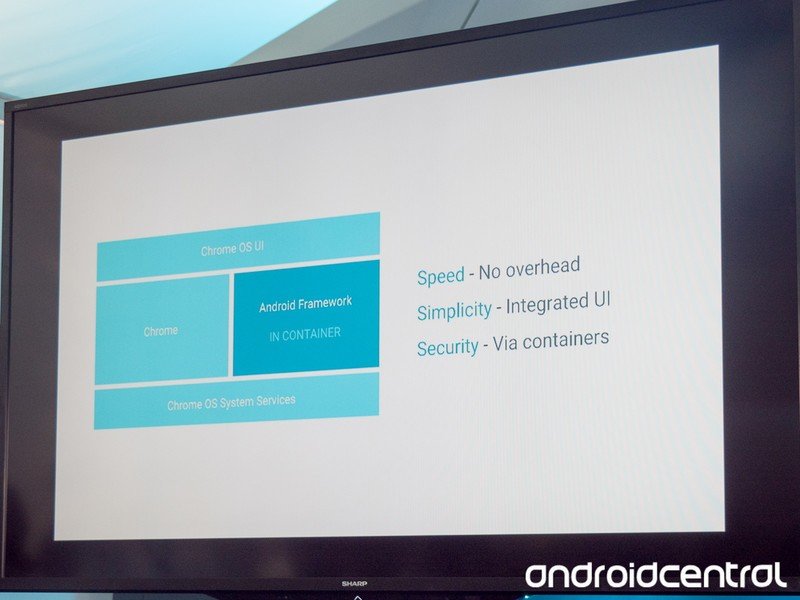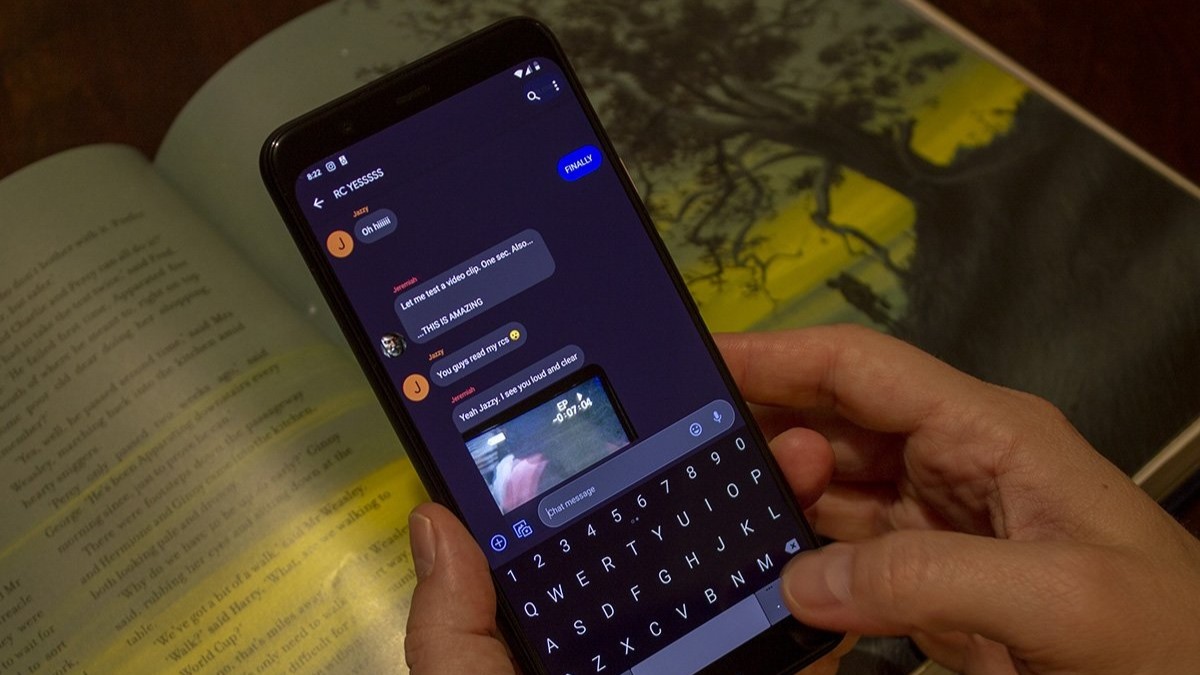What happens when Instant Apps and Chrome OS inevitably collide?

So it's official — Android apps on the Google Play Store are coming to Chromebooks. As expected, Google will open the floodgates and bring native Android app support to Chrome OS, complete with its own app market, later this year. That's a big deal in its own right, for a range of reasons we've already explored.
But looking further ahead, another new feature announced at Google I/O might well extend the potential of Android apps on Chrome into the stratosphere.
Instant Apps were announced at the I/O keynote on May 18 — a new feature that'll be coming to Android devices running Jelly Bean and up, almost certainly through Google Play Services.
Instant Apps lets you run Android apps from a particular URL without first installing them. With this new feature, you'd be able to click a link and launch into a specific area of an app seamlessly — for example a product section in a retailer's app. This doesn't happen automatically, and requires developers rebuild their apps as modules that can be spat out by Google Play on demand.
The lines between web and the app blur even further.
On Android it's an intriguing idea that could make it easier for developers to grow their apps' audiences, while allowing users to make more convenient use of apps they only occasionally hop into. But when you bring Chrome OS into the equation things become even more fascinating.
Instant Apps is part of Play Services, because that's how Google rolls features back to older versions of its OS. And Play Services is part of Chrome OS's Android app support, because it's a crucial part of the platform without which many apps just won't work. That being the case, let's throw this out there: It's probably a matter of when Chromebooks get Instant Apps, not if.

So imagine not having to hunt down new Android apps on the Chrome OS Play Store implementation, and instead simply opening them from a web search or chat link with almost zero delay. In a world where major Android apps can be loaded piece-by-piece by a Chromebook over the web, the lines between the web and the app blur even further. From the user's perspective, the distinction between whether the thing they're using on their Chromebook is web content or a native Android app becomes largely academic.
Be an expert in 5 minutes
Get the latest news from Android Central, your trusted companion in the world of Android
A very Google solution to expanding Chrome OS's functionality..
It's a very Google solution to the problem of expanding Chrome OS's functionality, and one that goes back to the platform's roots as a simple thin client that loads content and apps from the cloud as needed.
Of course, not every Android app on Chrome OS will be an Instant App, and developer effort will be required to make sure apps play nice with Chrome OS, and are modular enough to be loaded on the fly. But when you consider the massive footprint of Chromebooks, maybe it's worth the effort.
Google hasn't announced whether Instant Apps and Chrome OS will eventually meet, but according to the Chrome team during their session at I/O today there's no technical reason it won't work.Instant apps on Chrome OS seems to be a natural convergence, and one that could greatly boost Google's desktop ecosystem.

Alex was with Android Central for over a decade, producing written and video content for the site, and served as global Executive Editor from 2016 to 2022.
